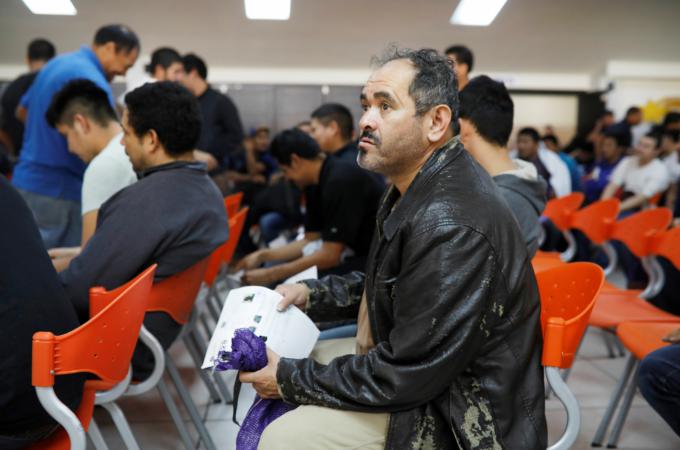A call for civility
During the Christmas-Epiphany Season I had the pleasure of celebrating liturgies with both the Haitian Catholic Community on their Independence Day (January 1) and last week with the Cape Verdean Catholic Community at St. Peter's Parish in Dorchester.
Both celebrations were joyous and deeply spiritual. Both communities have large immigrant populations, both of them struggle with many challenges -- including poverty and violence at times -- yet the men, women and children with whom I worshipped were filled with hope.
In both communities, there is a strong determination to build a future for their families, especially for their children. In each community, they are proud of the countries from which they have come, and they are deeply grateful for the opportunity to be citizens of this nation.
They seek to contribute to the United States as a society. They believe in education for their children, and parents often work two or three jobs to make that education possible.
The experience of being with both communities provides powerful memories for me. My family came here from Ireland. Our country was economically poor and my family was poor; we came here, were welcomed and given the opportunity to contribute to this nation and our Church. I have had the privilege of being a pastor for most of my priesthood for people from many lands who came to the United States to share their lives, their culture and their faith with American society. My experience has been filled with a spirit which is so different from the tenor and language of much of the debate about immigration in our country today. At times it is harsh, not welcoming and deeply suspicious.
This is not a general indictment. I believe the vast majority of Americans recognize the contribution immigrants have made to our country and our Church. We are a nation of immigrants, and historically an immigrant Church, and both have benefitted greatly from those welcomed here.
But, while I am optimistic about our country, there are institutions and individual voices with the capacity to distort the reputation of this country in the eyes of the world. As a nation, a sovereign state, we expect to be respected by others. That respect must be reciprocated by us towards others -- individuals, countries and cultures.
We are uniquely powerful as a nation, but power does not guarantee respect from others. Respect has a moral quality; like other nations, we must earn it. Respect has a quality of mutuality -- we offer it and receive it.
My hope and prayer as we begin a new year is that we can change the tenor of the debate about immigration: that we provide protection for DACA Dreamers; that we come to recognize that Temporary Protective Status is really needed for Haitians, Salvadorans, Nicaraguans and Hondurans; that we will move from epithets when we speak of immigration reform and speak rather the language of compassion, justice and love.
That is my New Year's hope and prayer.
- Cardinal Seán P. O'Malley, OFM Cap. Is Archbishop of Boston



















